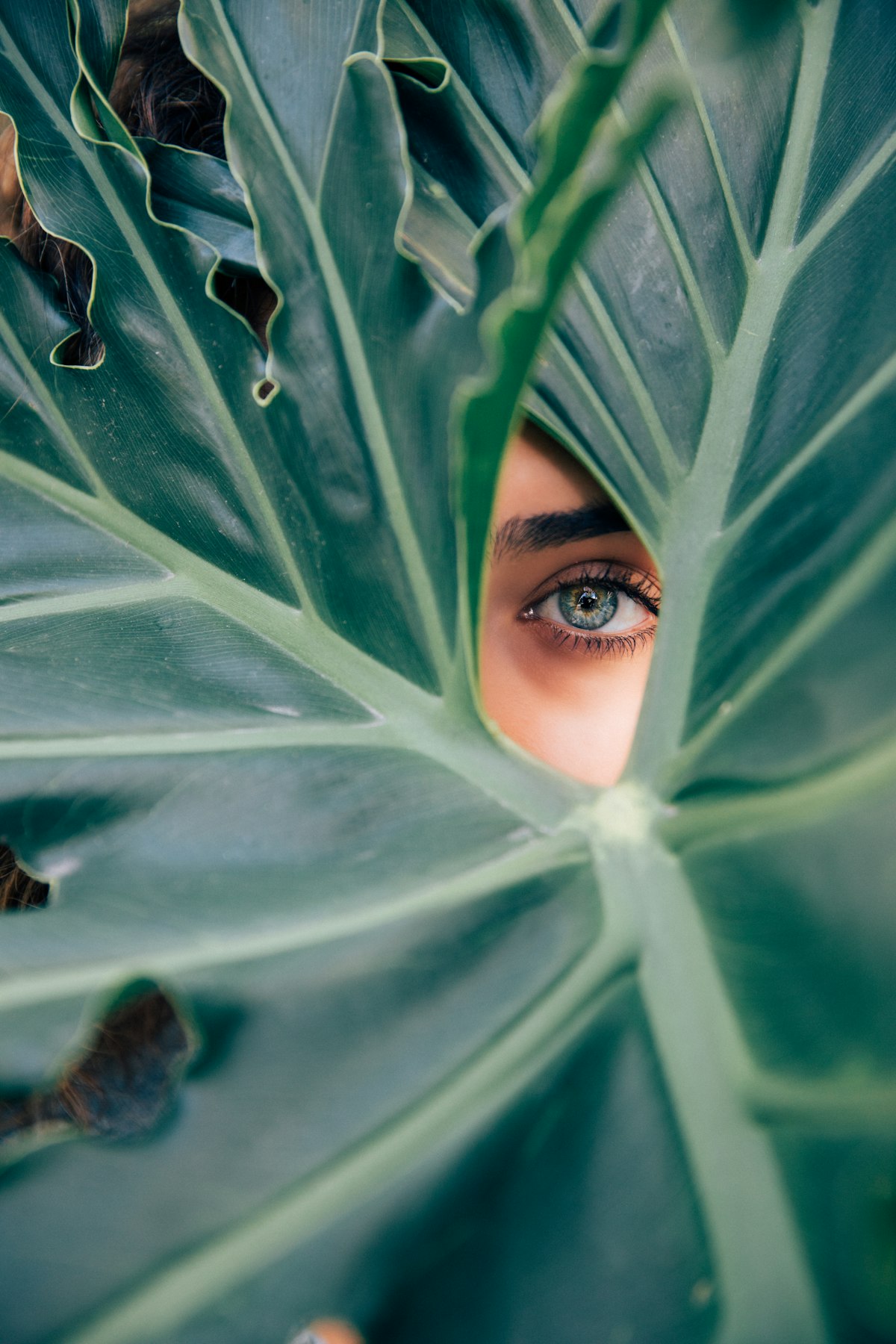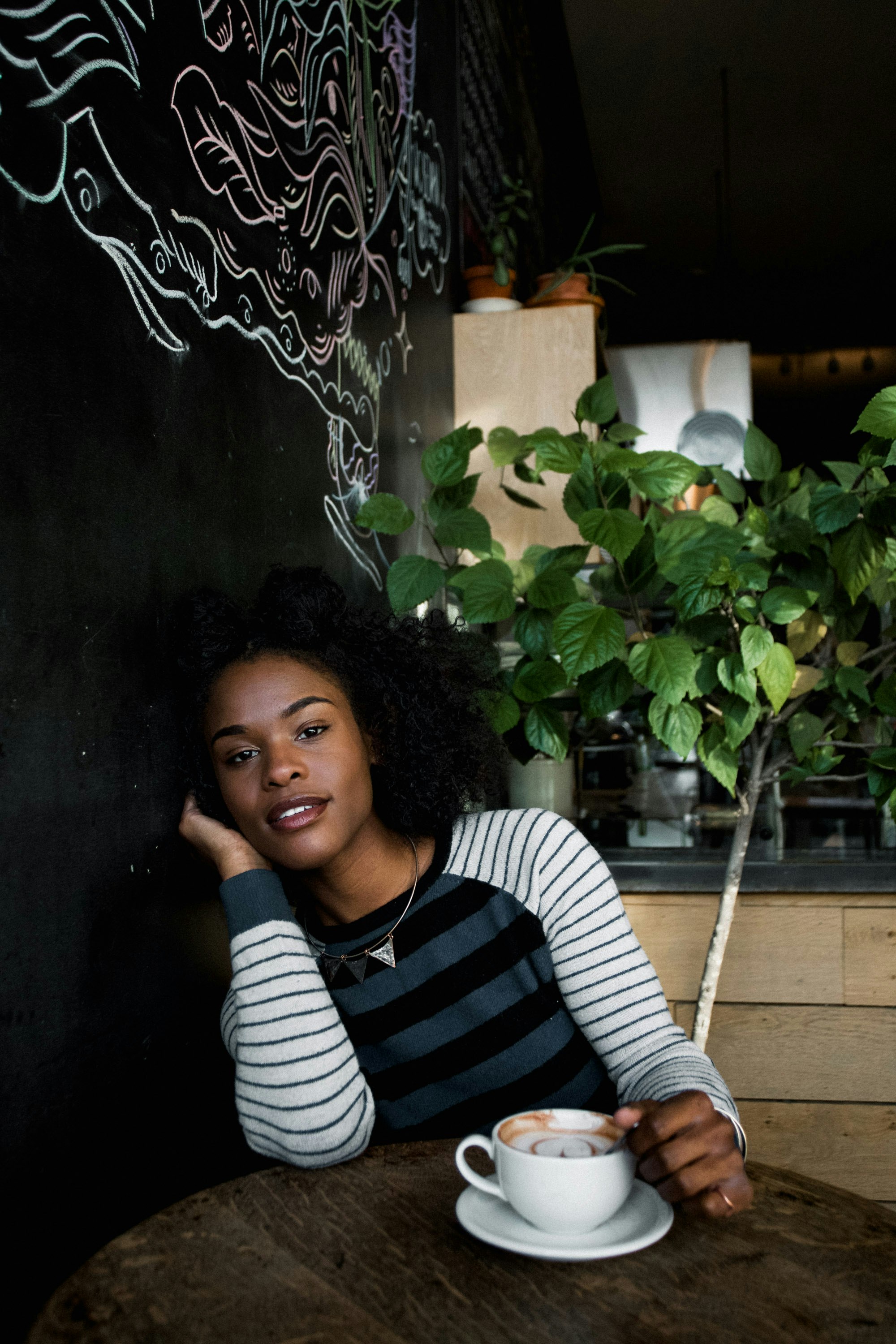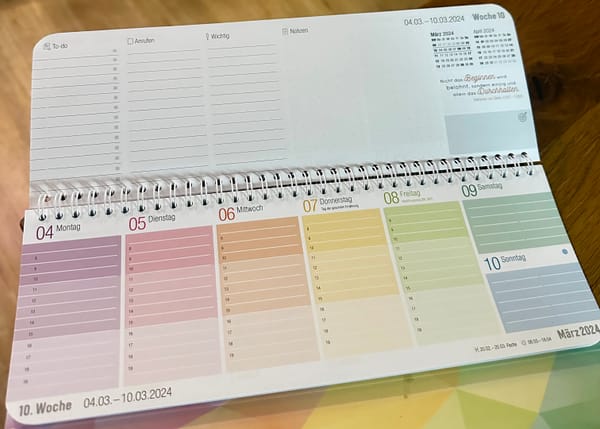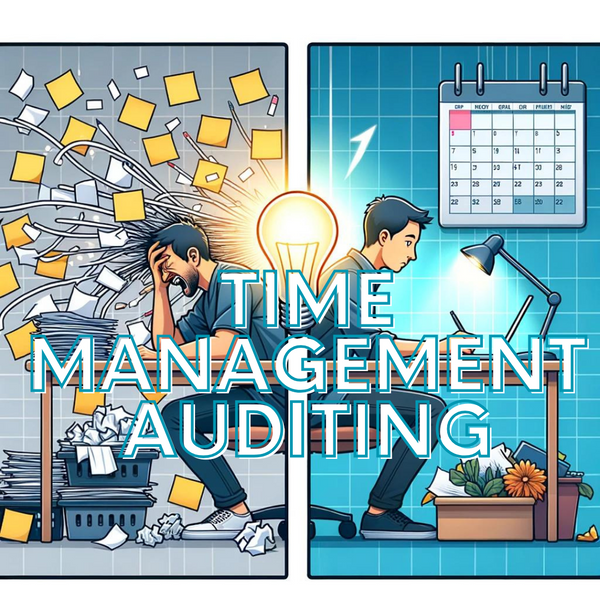Know your Biases #01: The Beauty Trap
In this blog post, the author discusses the "beauty trap" and how biases towards those considered beautiful can lead to bad decisions. The author shares their experience with the beauty trap and offers tips on recognising and overcoming biases to make more mindful and fair decisions.

Biases lead to bad decisions that can cost you your success
Since reading Thinking, Fast and Slow by Daniel Kahneman about 52 thinking errors (and similar books), I've been actively trying to watch my fallacies and biases.
Of course, I am not so naive as to believe that I can replace them entirely with pure logic and objectivity. But it is enough to question oneself regarding gut feelings and intuitive actions in some situations. It is essential to know and understand yourself to become the master of your agenda and be successful in life.
There are dozens of such thinking errors to watch out for, and I want to break them down in a "Know your Biases" series on my blog. We must discuss how to recognize and overcome our biases to make more mindful and fair decisions.
I'll start this series off with the Beauty Trap today. At least, that's what I call it for myself when I fall into this trap again and again.

The Beauty Trap makes you believe that beautiful people also have many other good qualities.
It's no secret that we live in a world that places a high value on physical beauty. In many ways, beauty is seen as a currency that can open doors and create opportunities. From a young age, we're bombarded with images of what is deemed "beautiful" by the media and society at large, and as a result, many of us develop a subconscious bias towards those who fit that mould.
But while physical beauty can undoubtedly be a positive attribute, it can also create a trap that can be difficult to escape.

First, let's talk about the beauty trap and how it manifests in our lives.
Simply put, the beauty trap is the belief that physical beauty is the most important quality a person can possess. This belief can lead us to prioritize and value those who are considered "beautiful" over those who are not, even when hiring for a job, choosing a romantic partner, or in everyday situations in which you have to decide whether someone has behaved in a certain way for good and bad reasons (with the pretty people you always assume the good first.)
The beauty trap can have serious consequences.
For example, research has shown that attractive people are more likely to be hired for a job and are often paid more than their less attractive counterparts. This can create a cycle where those considered beautiful have more opportunities and are, therefore, able to maintain their attractiveness. In contrast, those not considered beautiful may struggle to advance in their careers and improve their financial situation.
The beauty trap can also have adverse effects on our relationships. Many people believe that they should only date or marry someone attractive. As a result, they may overlook potential partners who may be just as (or even more) compatible with them but who don't fit society's narrow definition of beauty. This can lead to unhappy relationships and missed genuine connections and fulfilment opportunities.

But the beauty trap doesn't just impact those deemed "unattractive" by societal standards.
Even those who are considered beautiful can fall prey to the trap. The pressure to maintain one's beauty can be overwhelming, and many people may feel like they must constantly strive to meet unrealistic standards to be considered "beautiful" enough. This can lead to a never-ending cycle of trying to meet others' expectations and negatively impacts a person's mental and physical health.

I regularly fall for the Beauty Trap and have only been lucky to get out again.
I have a predisposition that helps me that the "Beauty Trap" fallacy does not have a significant impact on me. At work and in everyday life, I assume the best in everyone - I always assume that my counterpart is more intelligent than I am and acts out of good motives until I am proven wrong.
I can't tell you where that comes from. But I can't attribute better qualities to the pretty ones if I assume the best of everyone per default. I have done well with this attitude so far.
In love, however, it looks pretty different. For many years, I have constantly optimized purely for beauty and wanted to have the most beautiful girlfriend. If I saw a pretty, tall woman, I immediately attributed the best qualities to her: Intelligence, great personality and grounded character. I did not care romantically for subjectively unattractive women, no matter how great qualities they had otherwise.
In retrospect, this has often proved a fallacy and led me to misfortune and despair. I had to learn that the most beautiful people have the most outstanding deficiencies in character. If you go through life with all the advantages mentioned above of "being beautiful," you never have to make an effort. There was never any need to develop and sharpen one's character.
- There was an adored one who was very pretty and had a tremendous extroverted, happy-go-lucky personality. Perfect! However, I then learned one crucial thing: she was quickly overwhelmed and found herself in stressful situations more often than average (=low mental capacity). And in these stressful situations, when she no longer had the strength to wear her "happy masks" and hide her shadow self, her actual characteristics came out. For example, she told the meanest things about others in these situations: she hated people. In addition, she withdrew in stressful situations, did not communicate at all (zero), and did not share her own needs and perspectives. How to build a lasting relationship like that when you can't talk to each other in conflicts? I would have run into this relationship with my eyes closed, but she didn't want me. However, I was also thrilled when I saw her true self finally. Small anecdote on the side: I think my quickly coming disinterest in her ultimately reawakened their interest in me. Another Red Flag!
- Another adored, pretty woman turned out to be a conspiracy theorist and Corona denier years later. She now shares obvious fake news daily on WhatsApp. Imagine marrying such a woman, having children and then realizing that she develops such patterns and becoming fact-averse. Good thing this dagger passed me by: she didn't want me either.
Funny how you only really recognize things in the rearview mirror. I was initially sad that it didn't work out in both cases. But eventually, it turned out to be sheer luck that it didn't work out and avoiding these beauty traps significantly impacted my joy in life.

So how do we break free from the beauty trap and overcome our biases?
The first step is recognizing that physical beauty is not the most important quality a person can possess. Beauty is subjective; what one person finds attractive may not be the same for another. Instead of prioritizing physical beauty, we should focus on a person's character, values, and compatibility with us.
From my point of view (anecdotal experience), beauty is even a negative criterion because beautiful people have to make less effort in life and thus have no opportunity to grind their character to hurdles. For example, they don't have to develop genuine gratitude because people keep coming up with their beauty trap fallacies.
Another way to overcome the beauty trap is to be aware of the media's influence on our beliefs about beauty. The media often portrays a narrow and unrealistic definition of beauty, and it's essential to recognize that the images we see are often heavily edited and manipulated. Being aware of this, we can avoid comparing ourselves and others to these unrealistic standards and instead focus on what truly matters.
We can also challenge our biases by consciously trying to give people who may not fit the narrow definition of beauty a fair chance. For example, in a job interview, we can focus on a candidate's qualifications and experience instead of their appearance. In our personal relationships, we can be open to getting to know people who may not initially catch our eye but may have a lot in common with us and be great matches.
Just give them a try! I did it this way and got great benefits from this.

Conclusion
In conclusion, the beauty trap is a pervasive belief that physical beauty is the most important quality a person can possess.
This belief can lead to unfair treatment and missed opportunities for those considered "beautiful" and those who are not.
To break free from the beauty trap, we must recognize the subjectivity of beauty and focus on a person's character, values, and compatibility with us. We can make more mindful and fair decisions by being aware of the media's influence on our beliefs and trying to challenge our biases. Doing so can create a world where everyone is valued for who they are, not just how they look.
And most importantly, you avoid making painful bad decisions that can hurt your joy and success for a long time.
Feel free to add your tips and thoughts to this page's comment section, Twitter or LinkedIn!
Best regards,
-- Martin from Deliberate-Diligence.com






